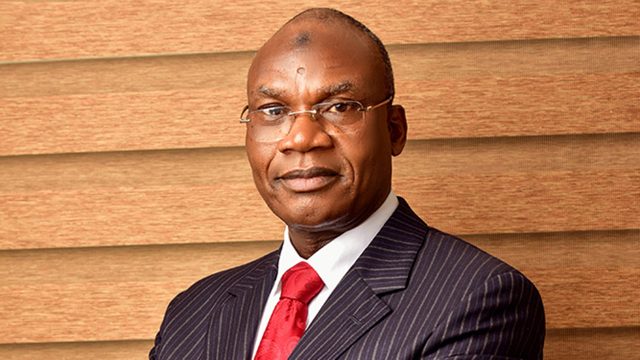The Nigerian Minister of Education is facing a significant legal challenge over a new policy that sets a minimum age of 18 for students to sit for the West African Examinations Council (WAEC) and National Examinations Council (NECO) exams. This decision has sparked considerable controversy among education stakeholders across Nigeria.
The policy, which will only allow students aged 18 and above to take these important exams, has been criticized for its impracticality. Phrank Shaibu, Special Assistant to former Vice President Atiku Abubakar on Public Communication, has voiced strong opposition to this move. He describes the policy as a “mark of wretched illiteracy” and a “political game” that could negatively impact Nigerian youth.
Shaibu argues that this new restriction is unnecessary and would delay students’ academic progress. He questions why a student must wait until they are 18 to sit for their Senior School Certificate Examination (SSCE), particularly when many students are ready to take the exam earlier. According to Shaibu, this could lead to academic setbacks and an increase in examination malpractice.
Shaibu also criticizes the frequent changes in educational policies by Nigerian ministers, which he believes are driven more by political motives than by a genuine desire to improve education. He points out that many students, especially those from rural areas, do not benefit from early childhood education, making the new policy even more burdensome.
He further suggests that the age restriction policy may be influenced by the Joint Admissions and Matriculation Board (JAMB), which he accuses of becoming a profit-driven entity. Despite JAMB’s reported annual profit of over ₦50 billion, Shaibu claims that Nigerian universities remain overcrowded and poorly equipped.
Shaibu also raises concerns that the policy could exacerbate youth crime rates, as young people who are forced to wait longer before taking their exams may become frustrated. He argues that maturity should be assessed on an individual basis rather than by age alone.
In response, Shaibu and his team, led by former Vice President Atiku Abubakar, are preparing to take the matter to court. They hope to challenge the age restriction policy and address broader issues within Nigeria’s educational system.





